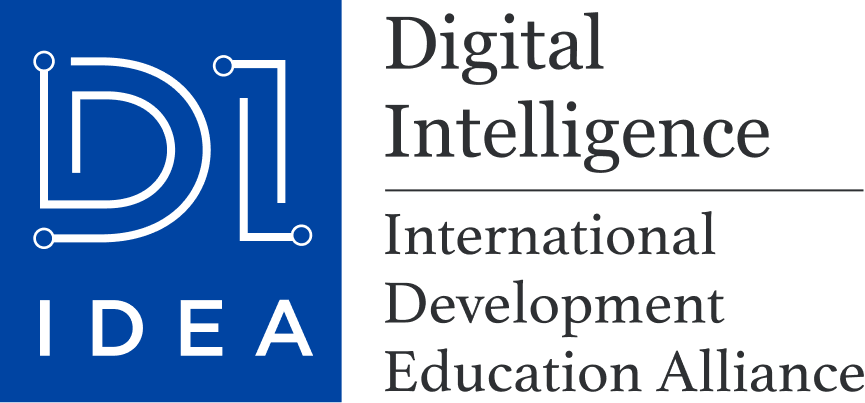The BACS curriculum at Lingnan University in Hong Kong aims to cultivate students’ digital skills and critical digital literacy, preparing them to drive innovation in media, culture, and community development. This curriculum has three main characteristics: First, it nurtures socially responsible change makers by blending theory with practice. Students are expected to develop a deep understanding of the intricate dynamics between society and the individual, and address realworld problems through media production, studio learning, and capstone projects. Second, it is skills-focused and flexibly structured around media, culture, and community development. The curriculum features two majors: “Digital Culture and Media Practices” and “Cultural Sharing, Societal Innovation, and Creativity,” each designed to meet the evolving needs of diverse industries. Third, it promotes a critical, non-deterministic approach to digital technologies, encouraging students to embrace new technologies while cultivating critical thinking skills to navigate the rapidly changing tech environment. To achieve these objectives, the BACS curriculum includes a series of compulsory courses such as “Culture and the Modern World,” “Methods for Cultural Studies,” and “Perspectives on Cultural Studies,” laying the theoretical and methodological foundation for students. Students may choose one of the two majors, each of which addresses three topics: theory, practice, and policy and management. Specifically, “Digital Culture and Media Practices” focuses on trends in the digital media industry, while “Cultural Sharing, Societal Innovation, and Creativity” focuses on exploring new economic and social relations in the age of digital intelligence. Additionally, courses such as “The Future of Platforms and Open Cooperativism” and “Digital Technologies and Knowledge Sharing” introduce cutting-edge theories and practices related to innovations in the digital society and to cultural industries and culture sharing. Courses like “Reflections on Societal Innovation” and “Social Value and Impact Assessment: A Critical Introduction” help students critically analyze the processes and effects of societal innovation. Courses such as “Food, Technology, and Environment” and “Urban Culture” meld theory with practice, focusing on key topics of culture sharing and innovative societal practices, including urban environments and sustainable development.
Course Case Studies
